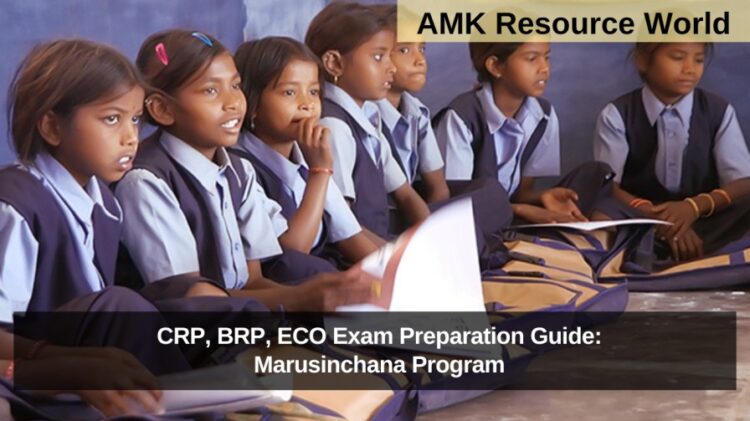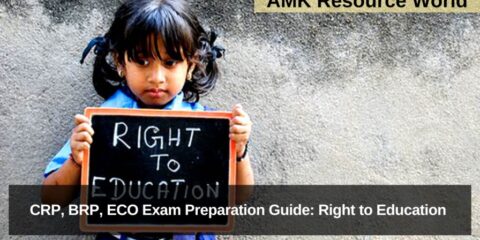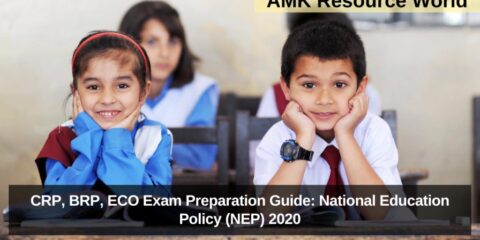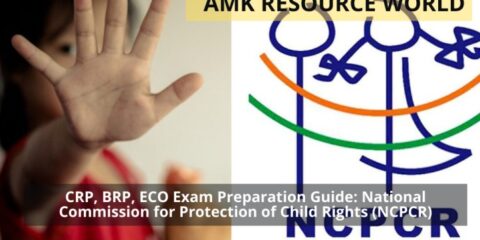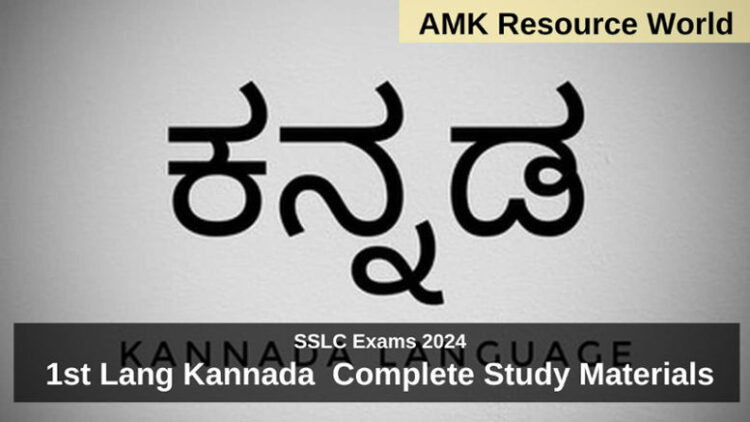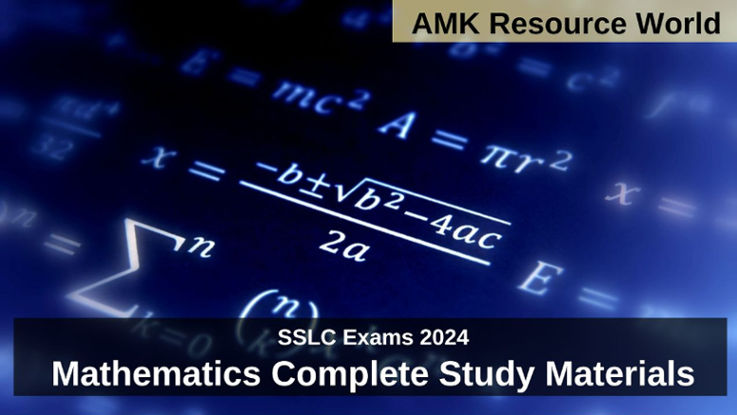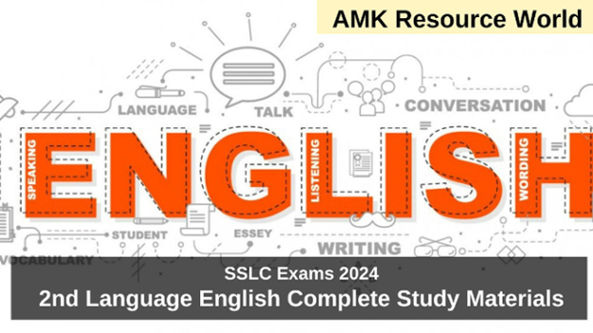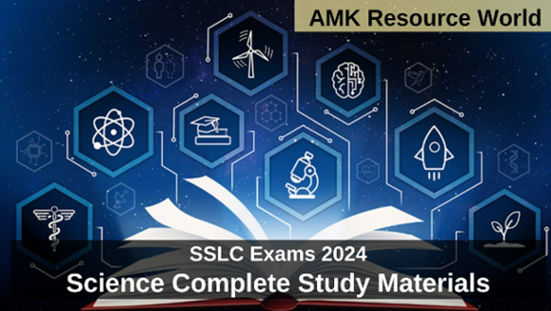The Government of Karnataka has launched the Marusinchana Programme, a transformative educational initiative aimed at enhancing learning outcomes for students in Classes 8 to 10. Announced in the 2023–24 state budget, the programme seeks to address foundational learning gaps and improve performance in secondary-level board examinations, particularly in aspirational talukas across the state.
OBJECTIVES AND SCOPE
The Marusinchana Programme is designed to develop grade-appropriate learning outcomes among children in Classes 8, 9, and 10. It focuses on preparing students for secondary-level examinations through special classroom instruction and training. The initiative aims to improve Class 10 board exam results by providing quality education and targeted instruction.
IMPLEMENTATION STRATEGY
To scale the programme effectively, Samagra Shikshana Karnataka (SSK) has partnered with Transform Schools, a non-profit organization dedicated to educational equity. A three-year Memorandum of Understanding (MoU) has been signed to implement a targeted instruction model-based education statewide.
| Also read: CRP, BRP, ECO Exam Preparation Guide: POSCO Act 2012 |
This collaboration aims to improve learning outcomes for around 1,900 schools in 103 aspirational blocks in Karnataka, impacting approximately 500,000 students in Classes 8 to 10.
TRAINING AND CAPACITY BUILDING
As part of the programme, three-day training sessions have been organized for educators to familiarize them with the Marusinchana approach. These sessions focus on equipping teachers with the necessary skills and methodologies to effectively implement the targeted instruction model in their classrooms.
BUDGET ALLOCATION AND SUPPORT
The Karnataka government has allocated significant funds to support the Marusinchana Programme. In the 2023–24 budget, Rs 80 crore was earmarked for the scheme, reflecting the state’s commitment to improving educational outcomes. Additionally, the education department received a total allocation of Rs 37,587 crore, which is 11% of the total state expenditure.
Marusinchana represents Karnataka’s effort to tailor its educational policies to the state’s unique social, cultural, political, and economic contexts. By focusing on localized strategies and targeted interventions, the programme aims to bridge learning gaps and ensure that students achieve the necessary competencies for academic success.
FINAL THOUGHTS
The Marusinchana Programme is a significant step towards enhancing the quality of secondary education in Karnataka. Through strategic partnerships, targeted instruction, and substantial budgetary support, the initiative seeks to transform learning outcomes and provide students with the skills and knowledge necessary for success in their academic and professional pursuits.
MULTIPLE CHOICE QUESTIONS WITH KEY
| MCQ | CLICK HERE |
